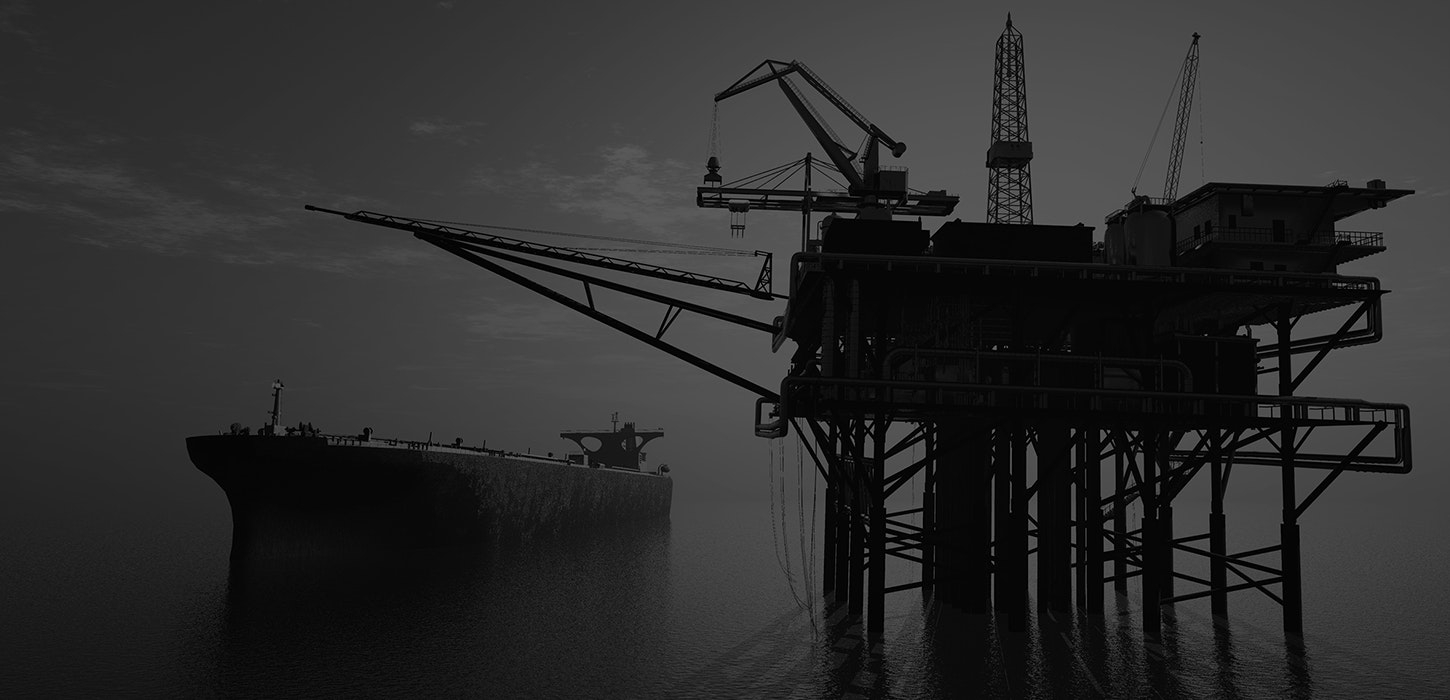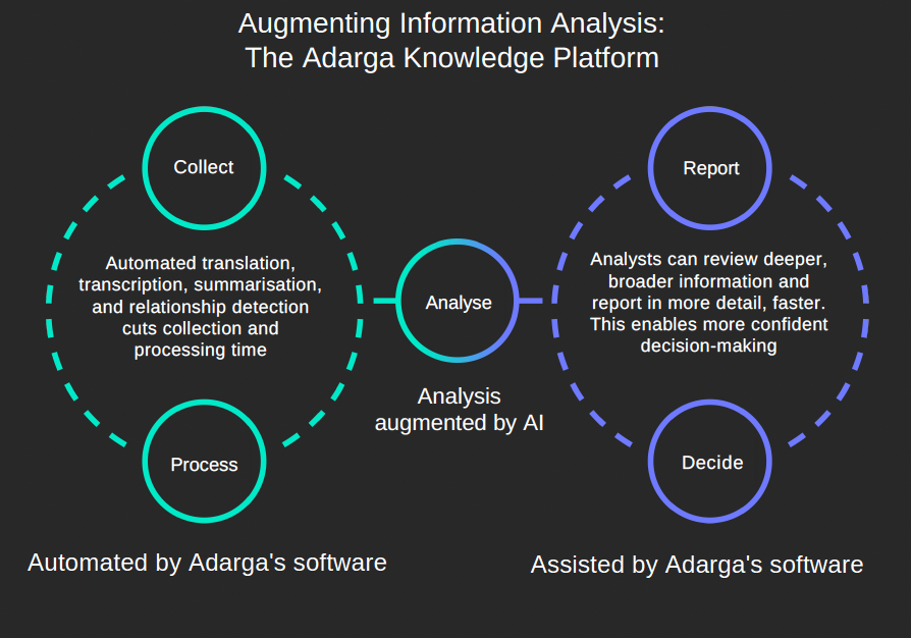
The return of geopolitics: How energy companies can navigate a volatile landscape through information intelligence
For thirty years following the end of the Cold War, the international energy markets followed the mantra according to US President Bill Clinton: “It’s the economy, stupid”. Politics were of course a factor in the functioning of these markets, but not an overriding one, and the issues were more domestic than international.
The return of geopolitics: Energy sector focus
Today, however, geopolitics is back. Although its presence has been increasing across the last decade or so, it has been Russia’s invasion of Ukraine that has made international relations a force to be reckoned with in the energy markets.
Indeed, the recent impact of geopolitics on energy has been stark. The weaponization of Russia’s oil and gas and its use to blunt Western sanctions has been notable, as have the write-downs taken by energy companies forced to pull out of the country. Shell alone announced a USD 3.9 bn after-tax loss following its exit from Russia. There are likely to be longer term consequences too, such as the increased influence of Russian energy policy over Asian economies as Moscow tilts East.
The problem is that geopolitical tension continues to increase. The most pressing factor, although by no means the only one, is the declining China-US relationship. Beijing’s stated aim of reunification with Taiwan, its assertive positioning in the South China Sea, and its tacit support for Moscow in the Ukraine war are all potential trigger points for an escalation with the US and its allies.
If such an escalation were to happen then it would be disastrous for the world economy. Washington and its close supporters would probably apply sanctions on Beijing, which has introduced laws that mean counter-sanctions would automatically be applied. This in turn would probably result in what is referred to as The Great Split: a rapid, far-reaching economic and political decoupling between China and the West.
China plays a central role in the world economy, being home to 30% of manufacturing and being a primary source of components and raw materials vital for global supply chains. So a Great Split that cuts China off from Western energy firms would have potentially catastrophic consequences. Physical and financial supply chains would be ruptured, and holdings and concessions in countries more friendly to China would be put at threat as the Split tears across the world.
Even without such a major event, there is no doubt that countries are reorientating themselves to the new geopolitical reality. Noticeably for Western energy firms and their governments, a number of primary energy producers are actively moving more towards Beijing. Saudi Arabia is a prime example, as shown by its close interaction with China over the last year that includes support for oil sales to be made in a basket of currencies rather than just the US dollar. Saudi, alongside energy heavyweights the UAE, Algeria, and Nigeria, has also applied to join the Shanghai-headquartered BRICS organisation.
These geopolitical trends do not mean that countries are turning their back on the West, but they do add market complexity and risk to companies operating in the energy markets. These challenges – such as macro supply chain risk and the threat of being able to work in certain countries in the first place - need to be measured and understood ahead of the curve. And the only way to do that is through data…
Data is the key to navigating a volatile geopolitical landscape
Businesses today have a trove of information at their disposal that could be used to generate robust geopolitical risk intelligence and decisive insights. It sits within in-house and open-source data.
The difficulty lies in their ability to collect, process, share, and analyse such a volume of information at the speed required to remain competitive in today’s volatile geopolitical landscape. Analysts and research teams today are overwhelmed and do not have the capacity to consider large quantities of fast-proliferating sources.
For example, hundreds of new open-source data channels are becoming available for intelligence teams, often in foreign languages. They do not have the budget, resources and time to outsource documents for translation from Russian, Chinese, Arabic by example. They need this information collected, processed, translated quicky and at scale.
This presents a costly risk that enterprise leaders and decision-makers cannot afford to take. Not only because of the threats that could be missed or lost in the noise, but also because of the significant opportunities that businesses could fail to capitalise on.
By example, an Adarga customer, an oil and gas major, needs real-time geopolitical intelligence to support new market-entry decisions. But just as valuable are the historic lessons learnt spanning many years, buried in risk reports or research carried out previously. The ability to connect this information together is crucial in making informed decisions.
Teaming humans with AI via advanced information extraction tools like Adarga's Knowledge Platform (AKP) is enabling analysts to more rapidly and effectively interrogate their own pools of data, alongside open-source data to gain a fully contextualised risk picture.
This process disrupts and reimagines the intelligence cycle. With this capability, it is no longer necessary to spend 80% of your time in the data collection and processing phase, and consequently leaving just 20% of time for analysis. The AKP inverts this automation process.

It is a force multiplier for analysts and intelligence teams - already proven to help customers achieve results 20x faster and increase the number of sources analysed by 300%. This allows executive leadership teams to make faster, better decisions.
Download the full “How to Mitigate Geopolitical Risk and Gain Competitive Advantage with Information Intelligence” Report here.
Contact us today to find out how sophisticated information intelligence strategies like Adarga’s can deliver security and engender opportunity in volatile times.







